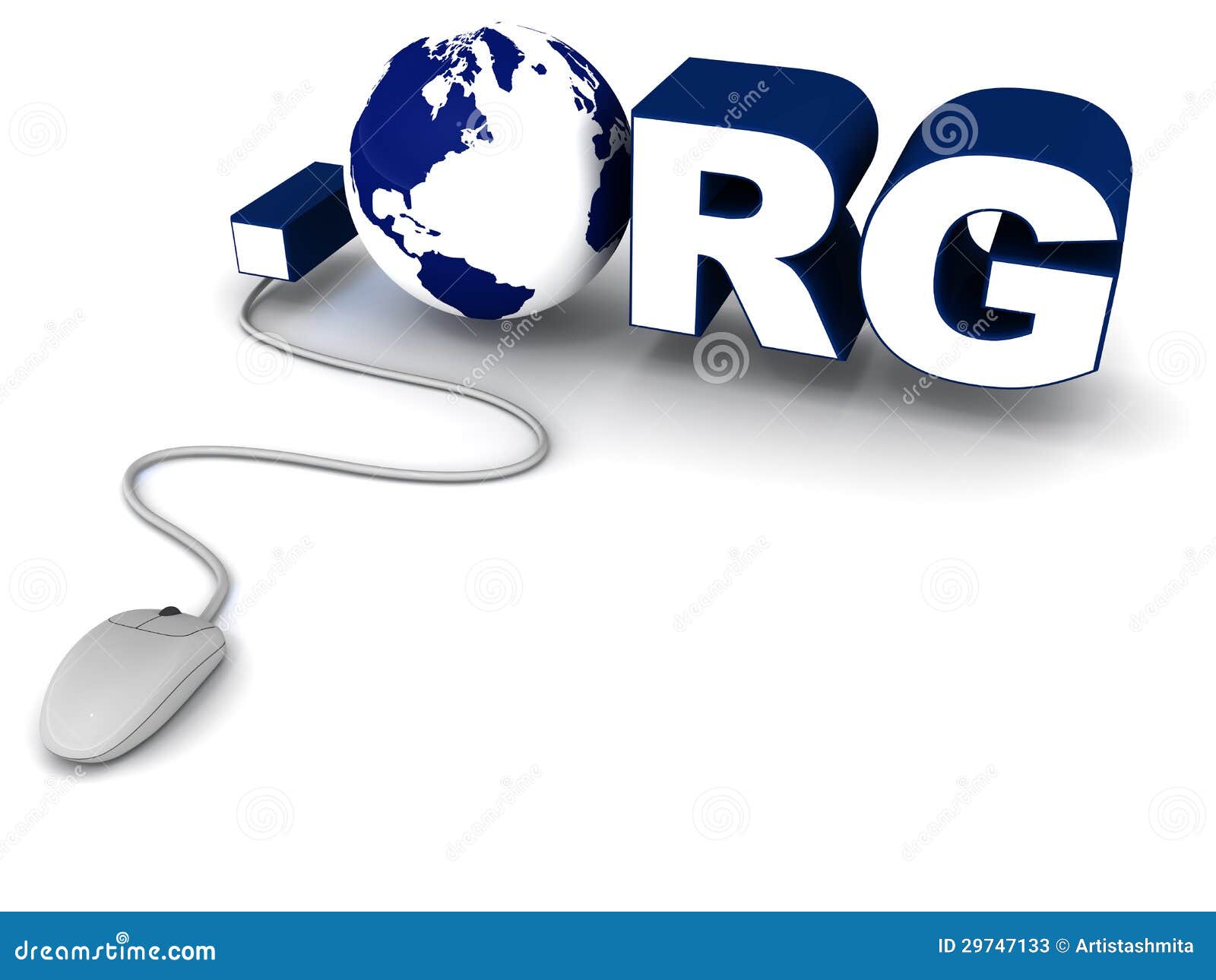What Is A .org Domain Used For? Unveiling The Power Of .org Domains
Let’s dive into the world of .org domains, shall we? You’ve probably stumbled upon websites ending in .org while browsing the internet, but do you truly know what they’re all about? A .org domain isn’t just another web address—it’s a powerhouse for organizations looking to make an impact. Think of it as the digital badge for nonprofits, charities, and causes that matter. But wait, there’s more! .org domains are versatile, and we’re here to break it all down for you.
Now, before we get into the nitty-gritty, let’s address the elephant in the room. Why should you care about .org domains? Well, if you’re running an organization, a community project, or even a personal initiative, having the right domain can speak volumes about your mission. It’s not just about having a website—it’s about building trust, credibility, and a connection with your audience. Stick around, and we’ll show you why .org domains are the real MVPs of the internet.
Here’s the deal: the internet is vast, and choosing the right domain extension can be overwhelming. With options like .com, .net, .io, and now .org, it’s easy to get lost. But fear not! By the end of this article, you’ll have a crystal-clear understanding of what a .org domain is used for, its benefits, and how it can elevate your online presence. Let’s get rolling!
- Channel Bravo On Directv Your Ultimate Guide To Entertainment
- Psychic Television Shows A Mindblowing Journey Into The Supernatural
What Exactly is a .org Domain?
Alright, let’s start with the basics. A .org domain is a top-level domain (TLD) that was originally created for nonprofit organizations, educational institutions, and other mission-driven groups. Think of it as the digital equivalent of a nonprofit badge. When someone sees a .org domain, they instantly associate it with trust, transparency, and a commitment to a cause. But here’s the kicker: anyone can register a .org domain, not just nonprofits. Yep, you read that right!
In today’s digital landscape, .org domains have evolved beyond their original purpose. While they’re still heavily favored by nonprofits, they’re also used by businesses, individuals, and communities looking to establish a sense of authenticity. So, whether you’re a charity raising funds for a good cause or a blogger sharing your passion, a .org domain could be the perfect fit for you.
Why Was .org Created?
Back in the early days of the internet, way before memes and cat videos ruled the web, domain extensions were created to categorize websites. .org was introduced in 1985 as part of the original set of domain extensions, alongside .com and .net. The idea was simple: .org would be reserved for organizations that didn’t fit neatly into the commercial or network categories. Fast forward to today, and .org has become one of the most recognized and respected domain extensions on the web.
- Coolidge Kristofferson The Rising Star Redefining Modern Music
- How Much Is Winona Ryder Worth Unveiling The Net Worth Of A Hollywood Icon
Who Can Use a .org Domain?
Contrary to popular belief, .org domains aren’t exclusive to nonprofits. While they’re commonly associated with charitable organizations, anyone can register a .org domain. From small businesses to independent creators, the possibilities are endless. The key is to align your domain with your mission and values. If you’re all about making a difference, a .org domain can help you stand out in a crowded online space.
Does It Matter If You’re Not a Nonprofit?
Absolutely not! While .org domains are often linked to nonprofits, they’re also a great choice for businesses and individuals looking to build trust with their audience. Think about it: when people visit your website, the domain name is one of the first things they notice. A .org domain signals that you’re serious about your mission and committed to delivering value. Whether you’re selling products or spreading awareness, a .org domain can enhance your brand’s credibility.
The Benefits of Using a .org Domain
So, why should you consider a .org domain for your website? Let’s break it down into bite-sized chunks:
- Trust and Credibility: .org domains are synonymous with trust. When visitors see .org, they automatically associate it with organizations that prioritize transparency and integrity.
- Global Recognition: .org is one of the oldest and most recognized domain extensions in the world. It’s a universal symbol of authenticity and reliability.
- Cost-Effective: Compared to other domain extensions, .org domains are often more affordable, making them an excellent choice for startups and small organizations.
- SEO Advantage: While .org domains don’t have a direct SEO boost, they can indirectly improve your search engine rankings by enhancing your site’s trustworthiness and relevance.
How Does .org Compare to Other Domain Extensions?
Let’s compare .org to its popular counterparts:
- .com: The king of domain extensions, .com is ideal for commercial websites. However, it’s also the most competitive and expensive option.
- .net: Originally intended for networking companies, .net is now used by a variety of websites. It’s a solid choice but lacks the emotional connection of .org.
- .io: A trendy option for tech startups, .io is all about innovation. But it doesn’t carry the same weight as .org when it comes to trust and credibility.
Who Governs .org Domains?
Here’s where things get interesting. .org domains are managed by the Public Interest Registry (PIR), a nonprofit organization dedicated to promoting the use of .org domains for good causes. PIR ensures that .org remains a trusted and secure domain extension, free from abuse and misuse. They also invest in initiatives to support the global nonprofit community, making .org domains more than just a web address.
How Does PIR Ensure Trust?
PIR takes several measures to maintain the integrity of .org domains:
- Strict registration policies to prevent abuse.
- Ongoing monitoring and enforcement to ensure compliance.
- Partnerships with organizations to promote ethical use of .org domains.
Common Misconceptions About .org Domains
There are a few myths floating around about .org domains that we need to clear up:
- Myth #1: Only nonprofits can use .org domains. Fact: Anyone can register a .org domain, regardless of their organizational status.
- Myth #2: .org domains are less secure. Fact: .org domains are governed by PIR, which prioritizes security and trust.
- Myth #3: .org domains are outdated. Fact: .org domains are as relevant today as they were when they were first introduced.
Why Do These Misconceptions Exist?
Most misconceptions stem from a lack of understanding about how domain extensions work. Many people assume that .org domains are limited to nonprofits because that’s what they’ve traditionally been used for. However, the flexibility and versatility of .org domains make them a great choice for a wide range of users.
Real-World Examples of .org Domains
Let’s take a look at some successful .org websites:
- UNICEF.org: A global leader in children’s rights and humanitarian aid.
- Wikipedia.org: The world’s largest online encyclopedia, powered by volunteers.
- Greenpeace.org: An international organization dedicated to protecting the environment.
These examples showcase the power of .org domains in building trust and connecting with audiences on a global scale.
What Can You Learn from These Examples?
The key takeaway is that .org domains are not just about nonprofits—they’re about making an impact. Whether you’re advocating for a cause, educating the public, or building a community, a .org domain can help you achieve your goals.
How to Register a .org Domain
Ready to get your hands on a .org domain? Here’s a quick guide:
- Choose a domain registrar that offers .org domains.
- Search for your desired domain name and check its availability.
- Complete the registration process and pay the annual fee.
- Set up your website and start making a difference!
What Should You Consider Before Registering?
Before you hit that register button, ask yourself these questions:
- Does my domain name align with my mission and values?
- Is the domain name easy to remember and pronounce?
- Will a .org domain enhance my brand’s credibility?
Conclusion
In conclusion, a .org domain is more than just a web address—it’s a statement of purpose. Whether you’re a nonprofit, a small business, or an individual with a mission, a .org domain can help you build trust, credibility, and a connection with your audience. So, why wait? Dive into the world of .org domains and start making an impact today!
And hey, don’t forget to share this article with your friends and drop a comment below. Let’s keep the conversation going!
Table of Contents
- What Exactly is a .org Domain?
- Who Can Use a .org Domain?
- The Benefits of Using a .org Domain
- Who Governs .org Domains?
- Common Misconceptions About .org Domains
- Real-World Examples of .org Domains
- How to Register a .org Domain
- Comparison with Other Domain Extensions
- Trust and Security of .org Domains
- Final Thoughts
/2023 OSFF Speaker Video Recordings/OSFF Speaker Video Recording Thumbnail Images/41 Accelerating Regulatory Compliance with Generative AI - Michael Shtelma - Brooke Wenig Databricks Kabir Rekhi RBC Capital Markets - Stephen Goldbaum Morgan Stanley_e3.png)


Detail Author:
- Name : Guiseppe Quigley
- Username : alexandro.kiehn
- Email : lavinia.rohan@hotmail.com
- Birthdate : 1976-01-18
- Address : 2571 Christiansen Junctions Suite 306 Kalliechester, WA 27280
- Phone : (364) 930-3421
- Company : Ledner Ltd
- Job : Environmental Science Teacher
- Bio : Rerum quia modi beatae. Ut numquam qui commodi sed voluptatem perferendis. Qui ipsa voluptas sunt distinctio distinctio. Laudantium expedita unde veniam rerum.
Socials
facebook:
- url : https://facebook.com/hermann1998
- username : hermann1998
- bio : Corporis sunt aliquid harum. Reiciendis ut odio eveniet et sit sunt.
- followers : 924
- following : 2009
linkedin:
- url : https://linkedin.com/in/cedrickhermann
- username : cedrickhermann
- bio : Fuga sed dolor deserunt quisquam praesentium.
- followers : 2866
- following : 2553